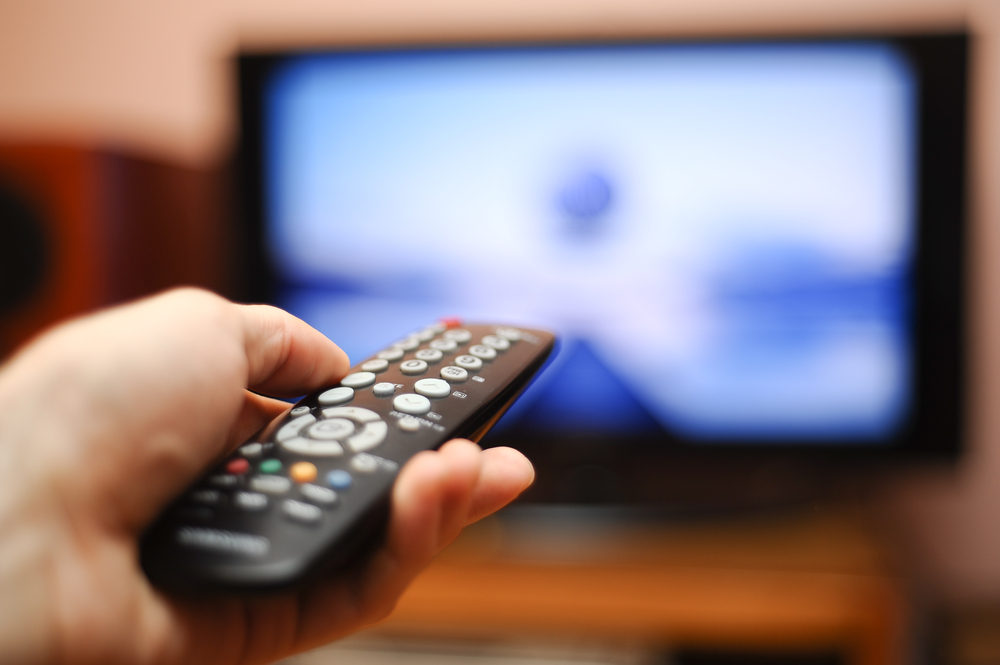Breaking
Bill urges TV networks to place subtitles during broadcast
MANILA — Placement of subtitles during television broadcast is one of the features of a bill filed in the House of Representatives seeking to provide Filipinos with hearing impairment an access to all forms of communications in government and private sectors.
Rep. Leah S. Paquiz (Party List, ANG NARS), author of House Bill 5673, said television stations will be required to place subtitles or signed communication for the deaf and hard of hearing during their broadcast.
Paquiz said the National Telecommunications Commission (NTC) shall require closed captioning and interpreter insets in news and public affairs programs.
According to Paquiz, communication accessibility is a legal right of people with hearing impairment to equal access to goods, services and facilities in the community, schools, public transactions in health systems, Courts, Quasi-Judicial Agencies and other Tribunals, broadcast media and workplaces.
“Communication and information accessibility of the deaf and people hard of hearing must be protected in order for them to exercise their right to choose the mode and form of communication that will best suit them and serve them both in their formal learning and professional advancement,” Paquiz said.
The bill mandates the Department of Education (DepEd), Commission on Higher Education (CHED), Technical Education and Skills Development Authority (TESDA), Early Childhood and Development Council (ECDC) and all other national and local government agencies involved to develop systems of communication that meet the needs and potentials of Filipino deaf and hard of hearing.
All educational institutions shall provide augmentative and alternative communication like computer-aided transcription services, telephone handset amplifiers, assistive listening devices, hearing aids, open and closed captioning, video text displays, properly trained and qualified oral and signed interpreters.
The DepEd, CHED, National Council on Disability Affairs (NCDA), together with concerned non-government organizations, shall develop a competitive and globally accessible standards for oral, sign language, and deaf relay interpreting involving deaf individuals, teachers with experience in the education of the deaf and parents of the deaf, establishing a system of accreditation for interpreting.
The Basic Education institutions that enroll deaf and hard-of- hearing students are urged to use oral or signed communication or both with appropriate alternative and augmentative communication depending on their needs and potentials.
State Universities and Colleges (SUCs) are directed to undertake research on education and communication access for the deaf and hard of hearing and to include courses on different forms of communication in their inclusive education curriculum.
All courts, quasi-judicial bodies, agencies and government institutions conducting investigations and hearings shall ensure the availability of oral and sign language interpreters in all proceedings involving deaf and hard-of-hearing persons.
Every office, company, institution and establishment shall take all reasonable measures that would provide an environment sensitive and responsive to the communication needs of the Filipino deaf and hard of hearing, including the conduct of deaf awareness and sensitivity training seminars.
Hospitals and other health facilities shall take steps to ensure access of the Filipino deaf and hard of hearing to health services, including the provision of interpreters for deaf and hard of hearing patients.
Oral, sign language, and deaf relay interpreting shall be provided whenever necessary or requested in all government offices and during forums, conferences, meetings, cultural events, sports competitions, community affairs, and activities conducted by government agencies.
The Department of Labor and Employment (DOLE) shall ensure that workplaces and other institutions that employ deaf and hard of hearing persons provide for their communication and information access.






















